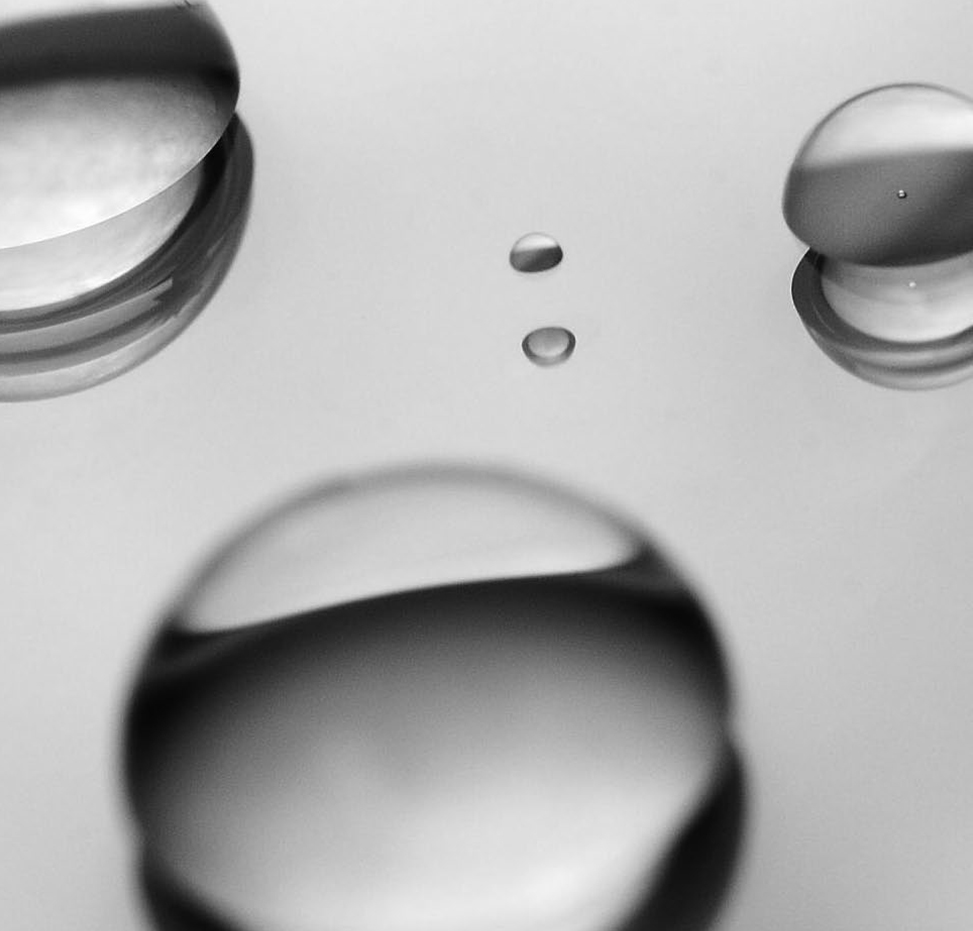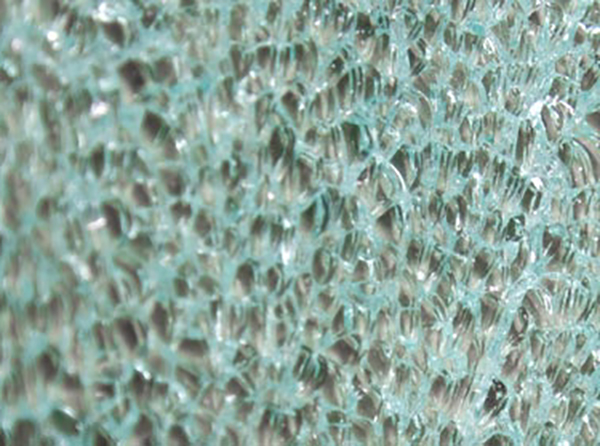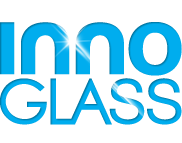Tempered Glass | Innoglass Sdn Bhd

Tempered glass is also known as toughened glass. The cut-to-size glass sheets are fed into the furnace until it reaches approximately 650°C. Then the glass moves into the quench where it is rapidly cooled by blasting both sides with air. The rapid quenching induces compressive stresses to the glass surface while the centre remains in tension. Even though the physical characteristics remain unchanged, the additional stresses created within the glass increases its strength by 4 – 5 times that of annealed glass of equal thickness. In addition to clear glass, it also offer various tints, Low-E glass, hard-coat reflective glass and some temperable soft-coat reflective glass. In the event of breakage, the panel will fracture into relatively small harmless particles.
Tempered glass has greater resistance to thermal stress when compared to annealed glass (temperatures 70°C to 290°C). Thanks to its mechanical strength, it is ideal for creating a frameless or ‘transparent structure’ concept in all glass assemblies, shop front, curtain wall. It is recommended for doors, side panels, glass balustrades, shower screens, glass walled squash courts. It is also used in automotive and furniture applications.

Heat Strengthen Glass
Heat strengthen glass is also known as half-tempered glass, the process is quite similar to tempered glass. But in this instance the glass is quenched at a slower rate(longer period of time). The result is lower compressive stress, hence increasing the strength to only twice that of annealed glass of equal thickness. Heat strengthen glass has less distortion compare with tempered glass. It also has greater resistance to thermal stress when compared to annealed glass. Usually breaks into large pieces, it normally use in heat strengthen laminated glass for skylight uses, when then glass broken, the fragment can be retain by the interlayer and not easy to fall down like tempered laminated glass.
Heat Soak Testing
Heat soaking is a destructive test which heats the glass for several hours at 290°C±10°C to speed up the Alpha to Beta transformation of any nickel sulphide (NiS) should it be present. This accelerated testing process reduces the likelihood of breakage by a factor of 20, or 5 lites per 1000 panes. Identifying NiS inclusion prior to on-site installation has distinctive cost, safety and security benefits and is therefore strongly recommended for tempered glass application or where the consequence of breakage could result in injury and inconveniences.
We are Here

